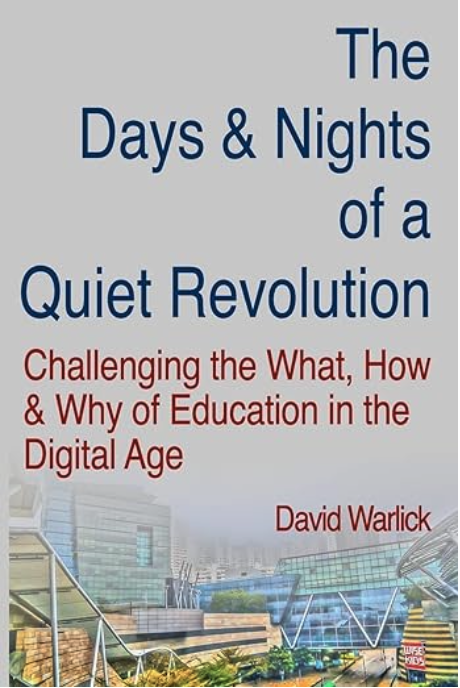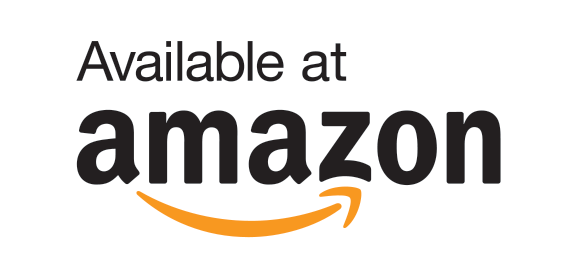Titles: Right & Wrong on the Information Highway
Preparing children for an information-driven, technology-rich future requires us to redefine literacy in a way that reflects the changing nature of information. You and I were taught to read what some body handed to us. Our students will read from a global digital library that anyone can publish to, just about anything they want, and for just about any reason. What does this mean to the value of information, its reliability, and our responsibilities as citizens who are not mere consumers of information but participants in a global information community?
Essentially, there are three problems with using digital information. First of all, it is crucial to be able to provide that the information you are using is accurate, in terms of what you are trying to accomplish. In the 20th century, we assumed that printed information was accurate. Today, we must be able to prove that it is accurate.
The second problem concerns the ownership of information. When we all become producers of information and owners of information property, we will begin to think of the respect of information ownership in a different way. It will become more critical and likely that we cite information sources.
Finally, respect for information infrastructure must be addressed in our classrooms. It is projected that viruses, worms, hacking, and other attacks on information infrustructure cost as much as 145 billion dollars in 2003. Information is the infrastructure that we depend on, to no less degree than we depend on our roads.
Title: Combating Plagiarism in the Classroom
Never in history have we had access to so much information from so many different places. The very technologies that we are teaching our students to use seem to be specifically made to cheat with. How do we teach students to respect the information property of others when copying and pasting are core to the writing tools that we now take for granted?The answer is for teachers to be savvy in the ethical and technical use of these new writing tools and the growing sources of information, the Internet. Also core to the problem and the solution is developing a global vision of the ethical use of information and teach that vision to our children.
A Definition of Plagiarism
- Plagiarism is using another person’s words or ideas without giving credit to the other person.
- When you use someone else’s words, you must put quotation marks around them and give the writer or speaker credit by revealing the source in a citation.
- Even if you revise or paraphrase the words of someone else or just use their ideas, you still must give the author credit in a note.
- Not giving due credit to the creator of an idea or writing is very much like lying.” (Harris)
Harris, Robert. “Anit-Plagiarism Strategies for Research Papers.” 7 Mar 2002. VirtualSalt. 16 Nov 2004 <http://www.virtualsalt.com/antiplag.htm>.


One thought on “Information Ethics”